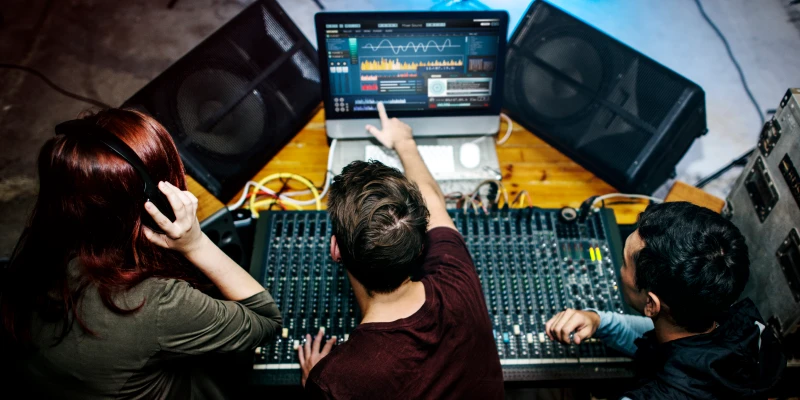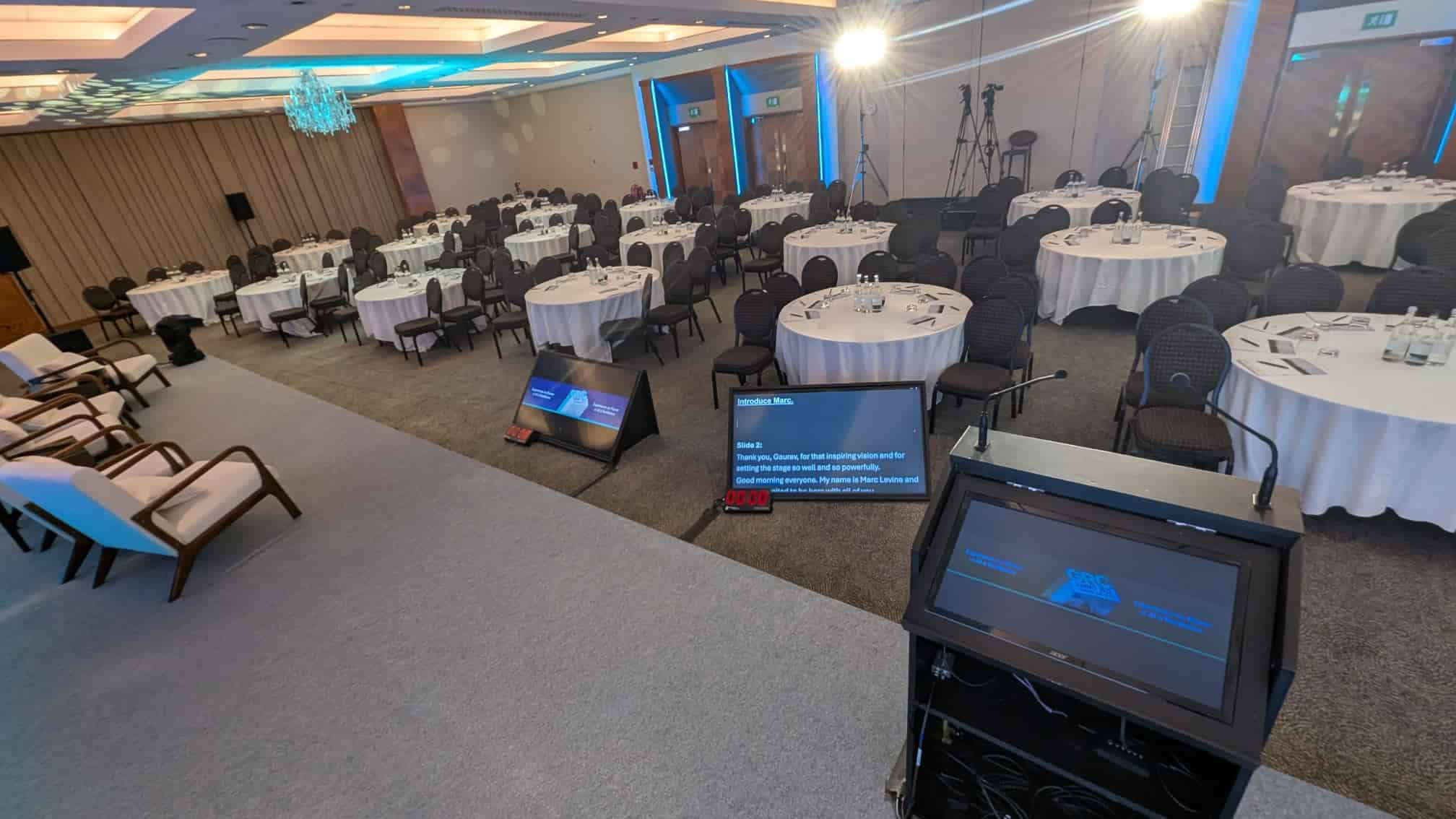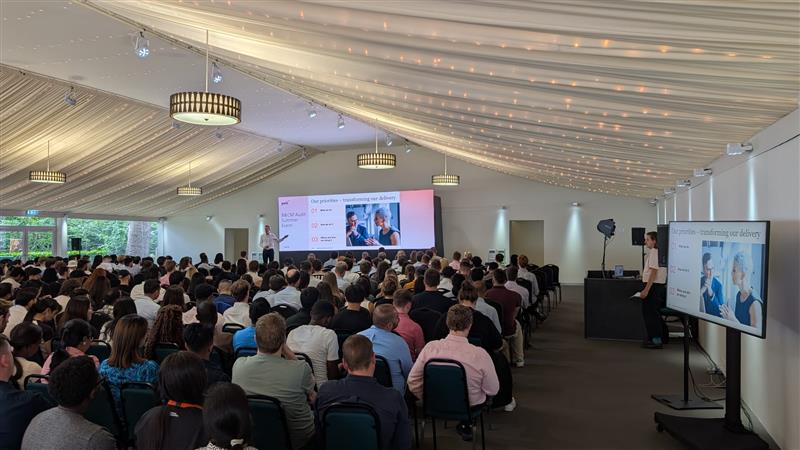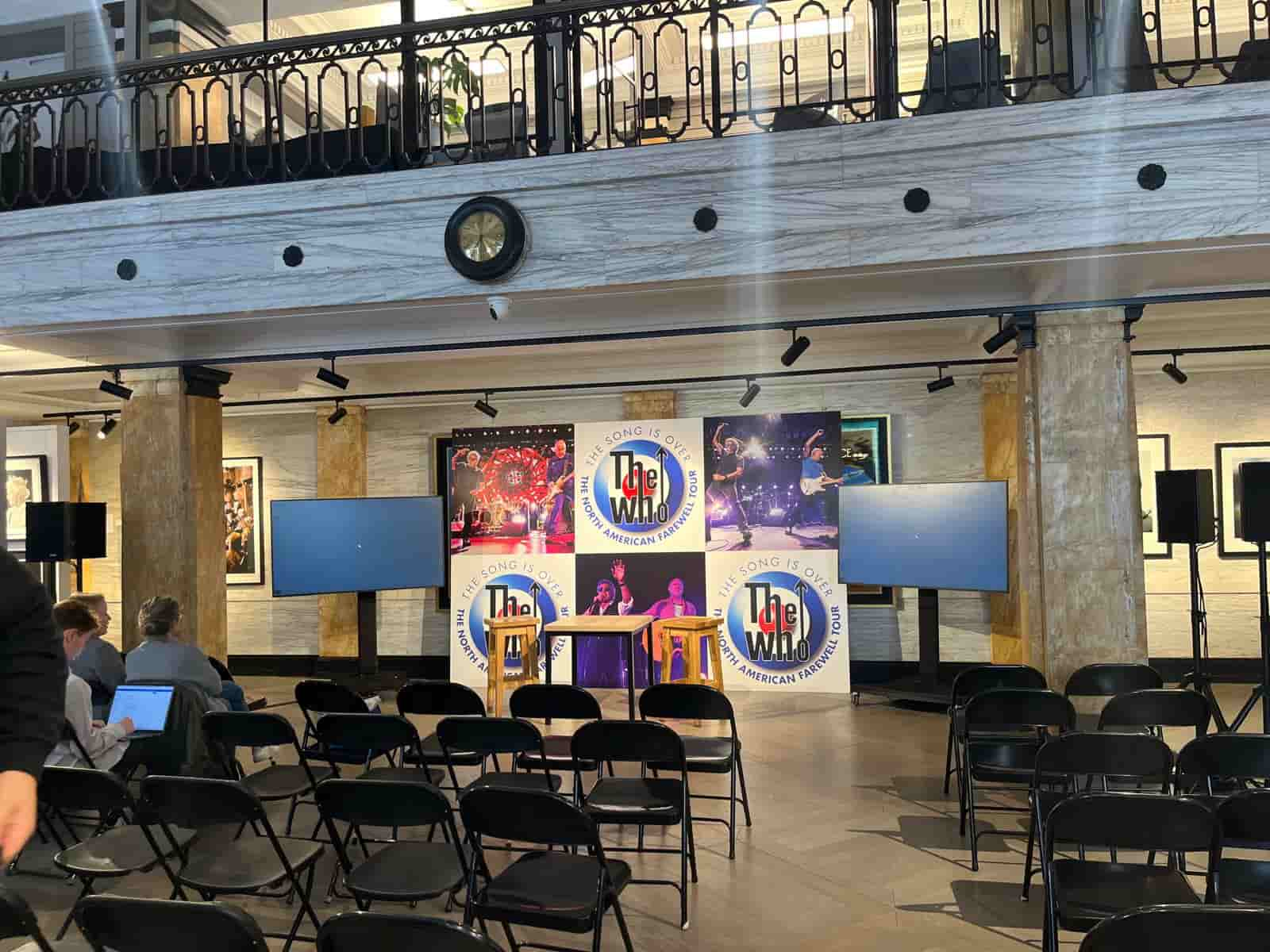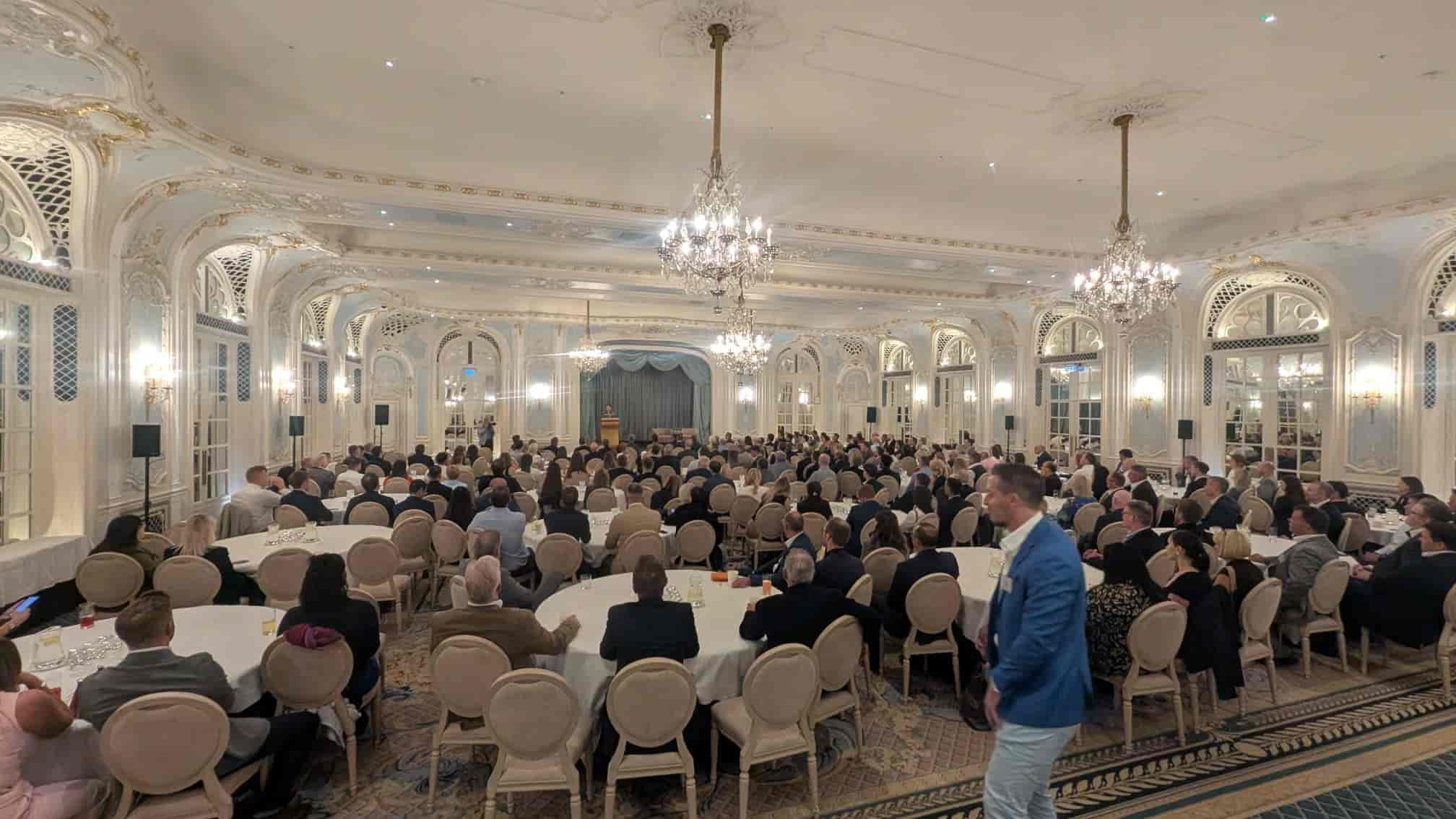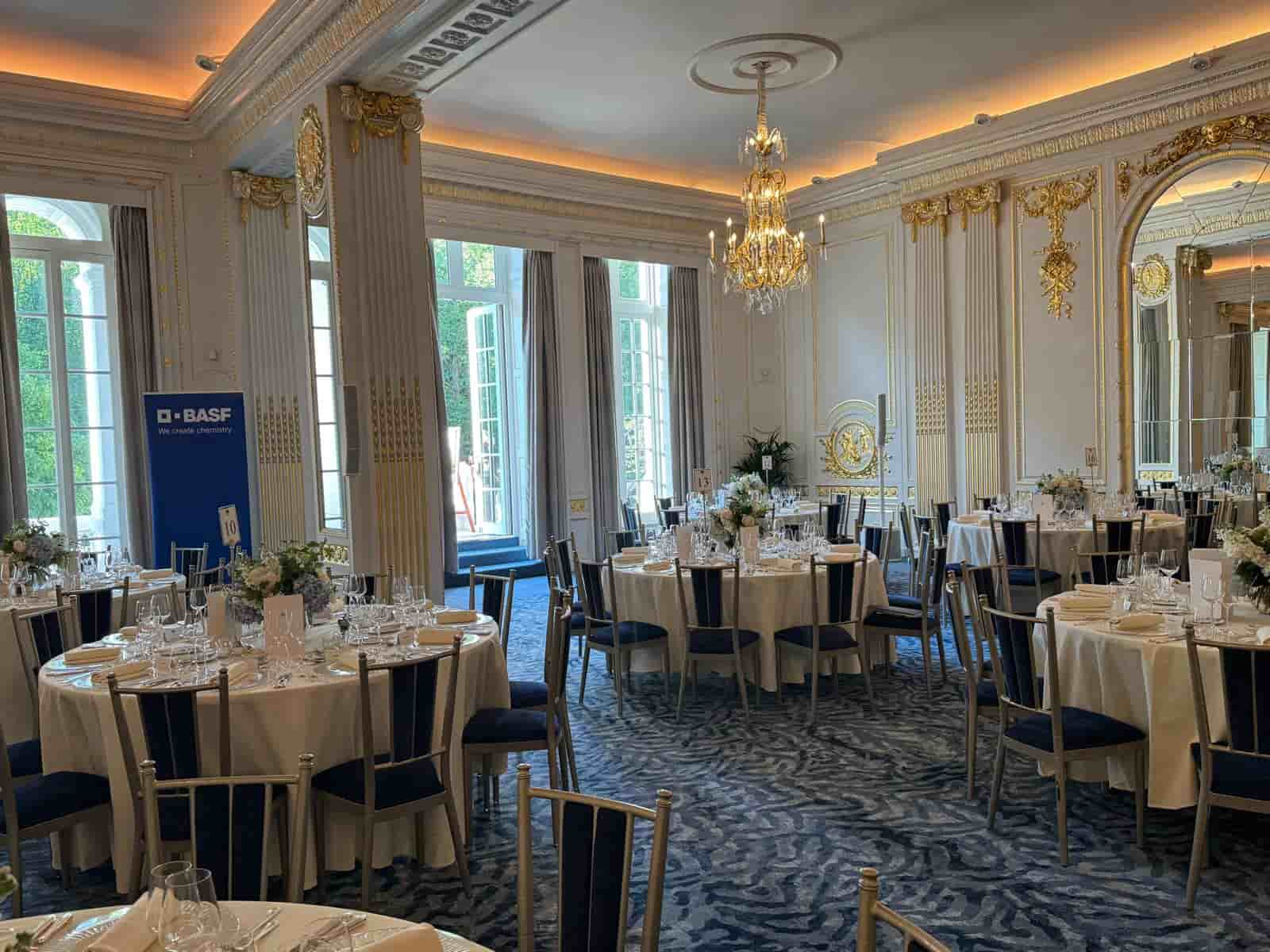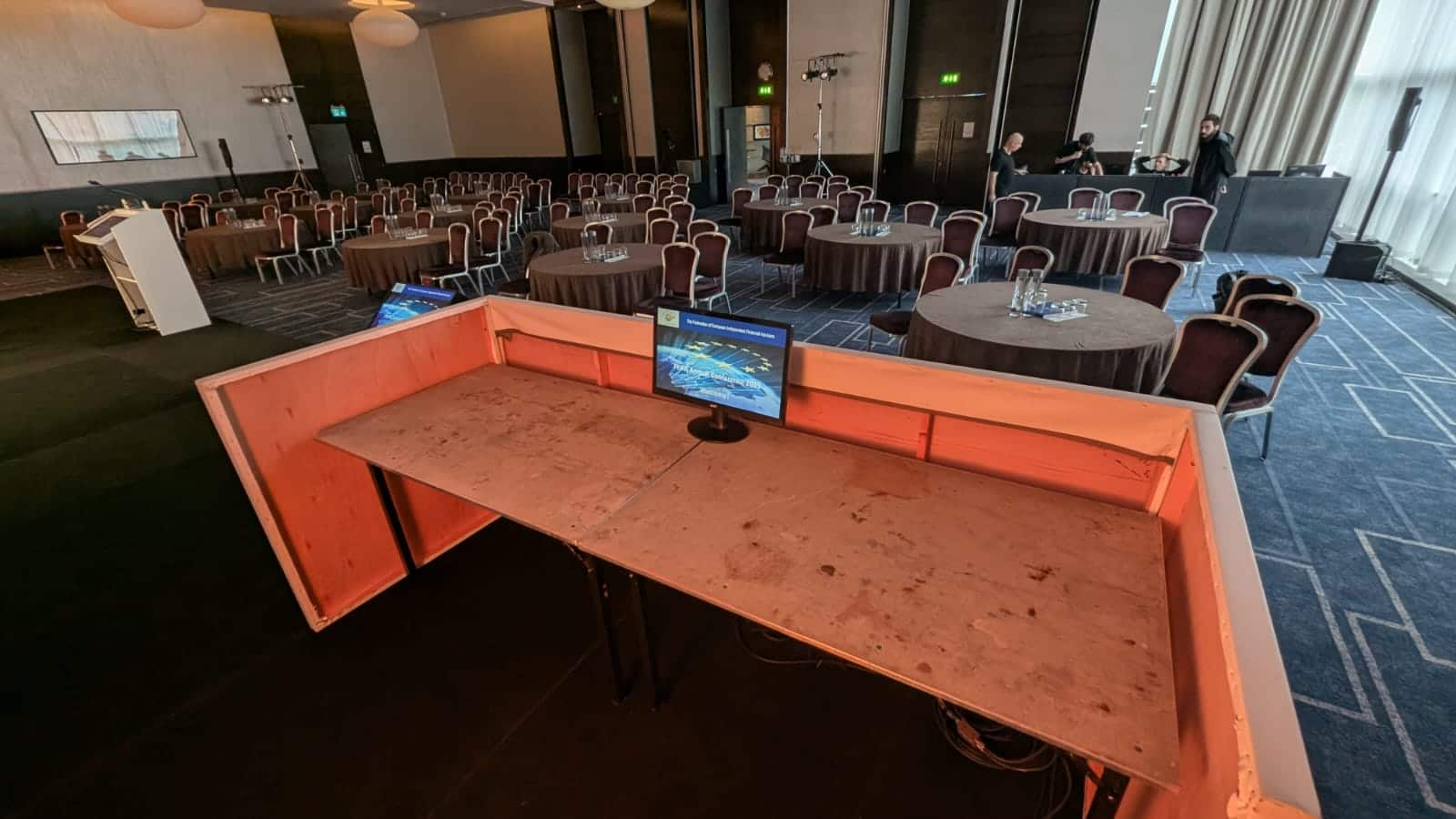Making your events stand out for your customers, partners, and prospects is the dream of every event producer. However, producing a perfect event is challenging and can not happen overnight. Instead, it requires long-term planning, practicality, and applicability to ensure a seamless and successful event.
The event production industry is growing like wildfire. To outshine your event production company, it is necessary to use a solid strategy that makes you distinctive in the crowd. For that purpose, understanding the stages of event production is of utmost importance. Only then you can turn your dream event into reality.
In this blog post, we will walk you through the stages of event production so that you can make your next event a hit. So, let us get moving!
What is Event Production?
Event production is known as the planning, collaboration, and execution of an event. It involves all the technical aspects required to produce an event. From staging to lighting to designing to setting up AVs, everything falls under the umbrella of event production.
There are many events, including corporate events, live events, and virtual events, that require the right event production company to make them successful. In addition, event production enhances the quality and engagement of your event, making it a huge success.
What are the Stages of Event Production?
To ensure a successful event, it is necessary to heed the stages of event production. There are six main stages, including:
- Pre-production
- Production
- Setup
- Execution
- Load-out
- Evaluation
These stages will help you stick to the schedule of event production to improve customer experience.
- Planning and Pre-Production
Pre-production is the very first and most crucial step of any event production. This phase initiates a few weeks or months before the actual event, considering the type and size of the event. The primary step in pre-production is listening to the customer’s idea to understand the type of event they want to host.
Once you have a clear understanding of the event’s goals, it is time to create a first draft of the concept and plan. To do so, it is necessary to follow the below-mentioned pointers:
- Brainstorm the ideas
- Contact suppliers
- Enlist the venue options
- Decide the budget
- Recruit personnel
- Complete the first draft
After completing the first draft, the event production team gets insights from the customers to ensure the plan is according to their requirements.
- Production and Coordination
The second stage, i.e., production and coordination, is the heart of event production. In this stage, the event production team collaborates with stakeholders to bring in creative concepts along with logistical realities. In addition, the vision of the event gets its shape in this phase, leveraging seamless coordination and planning.
The following steps take place in the production and coordination stage:
- Contract negotiations
- Talent acquisitions
- Design development
- Event Branding
- Scheduling
- Operational planning
- Resource management
- Solving conflicts
In short, the ideas are transformed into actionable plans in this stage.
- Preparation and Setup
The third step is preparation and setup, which happens a few days before the actual event. In this phase, you need to make arrangements with the suppliers, i.e., staging and rental companies, to begin the setup and practice. For that purpose, it is wise to create a checklist so that no requirement gets missed.
In addition, you need to arrange your crew to help make your event successful. So, to put it simply, the groundwork is completed in this stage to ensure seamless implementation of the event plan. The following are the steps of the preparation and setup stage:
Logistical Arrangements:
Logistical arrangements involve the transportation of goods from one place to another. In this step, the sound system, visual equipment, communication tools, and everything required are taken to the site of the event.
Technical Arrangements:
During technical arrangements, the technical equipment, including lighting, sound systems, LED displays, staging, and other required tools, are installed and tested. It is to ensure that every piece of equipment works smoothly on the event day.
Coordination with Team and Suppliers:
This step involves coordinating with the team members to assign them their responsibilities during the event. In addition, it involves confirming schedules and equipment delivery with the suppliers.
Rehearsals:
This step is to re-check that everything is in place. It involves retesting equipment to ensure everything works smoothly during the event and that every person on the team is fully aware of their responsibilities.
- Management and Execution
The fourth stage is about management and execution, i.e., practically the “Show Day.” In this stage, there is a short run-through of the event’s practices to ensure everything is set for the day. It involves the management, i.e., everything is ready for the event, and there is a backup to replace anything required during the event.
In addition, the event producer also checks if the customer is satisfied with the management or requires an extra rehearsal to ensure everything. Once management is done, the event is executed in front of the audience.
- Load-Out
The fifth stage involves disassembling the stage and collecting all the equipment used in the event. The bigger the event, the more the load-out will be. In this stage, you need to ensure that every piece of equipment is carefully dismantled and transported to the warehouse.
- Evaluation and Reflection
This is the last stage but an important one to know if you produced a successful event. For that purpose, you can take a survey from the attendees at the end of the event to know their experience. If the attendees are happy, you surely did produce a great event.
In addition, ask your clients if they are happy with your services. This will help you improve your future events manifolds. Last but not least, reflect on your event yourself to comprehend where there is room for improvement.
Choosing the Best Event Production Company
Are you looking for the best event production company for your upcoming event?
The success of your event lies in the hands of the event production company you pick. So, it is important to be mindful while choosing one. However, you can discuss the event production companies’ approach to producing an event.
AV Productions has been producing unforgettable events since 1997. We listen to our clients and understand what they want in their event to ensure a seamless customer experience. To date, we have thousands of satisfied customers who do not trust anyone when it comes to event production.
Final Note
Event production is a challenging and extensive procedure. It involves many crucial stages of event production, including planning, coordination, setup, execution, and evaluation. However, with the right event production, you can really amaze the attendees and make it a hit. So, topple the competition with your best crew and robust strategies.
